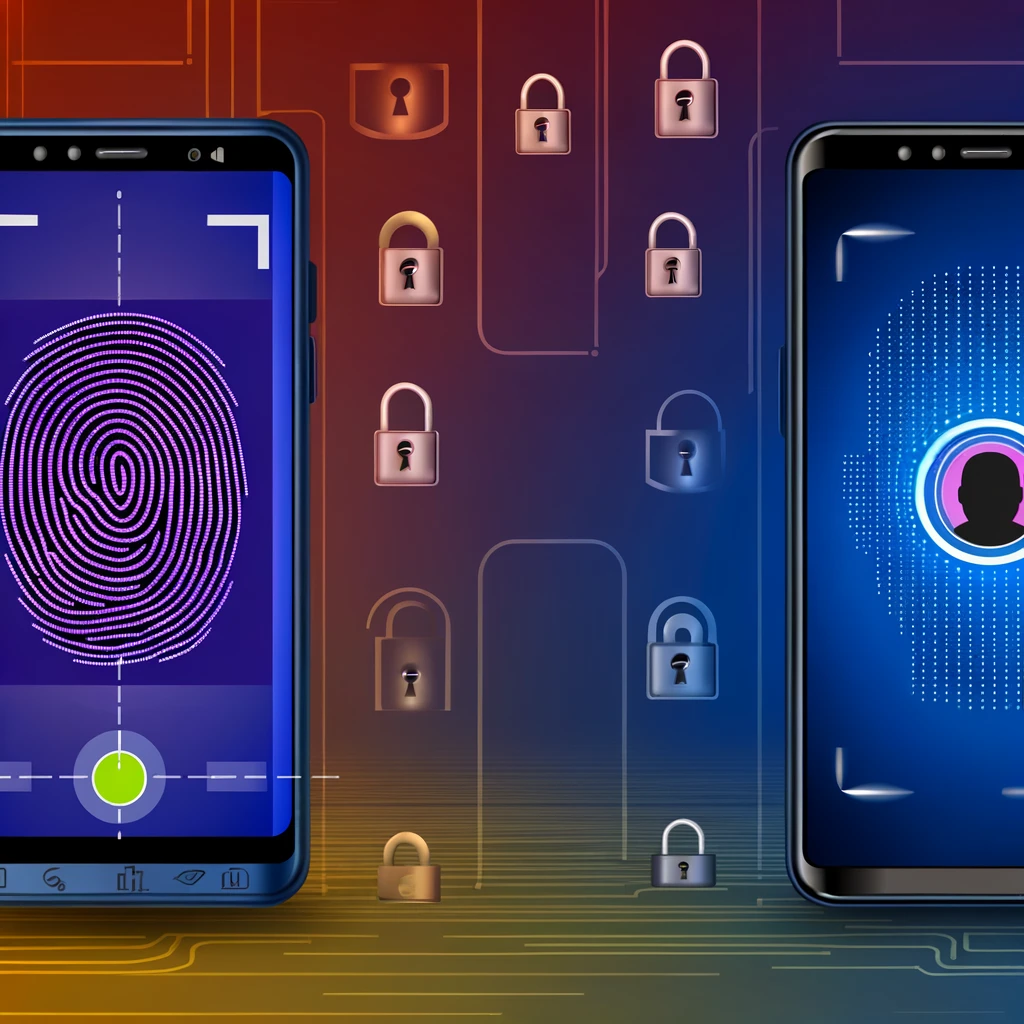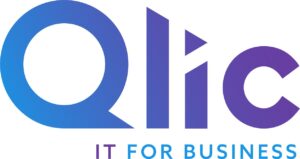In today’s digital age, cybersecurity is more critical than ever for businesses of all sizes. With the constant threat of data breaches and cyberattacks, implementing vigorous security measures is vital to safeguard sensitive information and protect both the business and its customers. Companies should prioritise such essential security measures as two-factor authentication (2FA).
In this blog, we’ll explore why businesses should use 2FA and the benefits it offers in enhancing security and mitigating the hazard of unauthorised access.
What does 2FA mean?
Two-Factor Authentication (2FA) is a security measure designed to provide an additional layer of protection for your accounts. It’s an extra step to ensure that you’re the only person who can access your accounts, even if someone else happens to guess your password. It also is included in the wider topic of multi-factor authentication (MFA).
Enhanced Security
One of the primary reasons businesses should use 2FA is the enhanced security it provides. Unlike traditional password-based authentication, which relies merely on something the user knows (i.e., a password), 2FA adds an extra layer of security by requiring something the user has, such as a smartphone or token. This additional factor substantially reduces the risk of unauthorised access, as even if a hacker manages to obtain the user’s password, they would still need access to the second factor to gain admission.

Mitigation of Password-Based Attacks
Password-based attacks, such as phishing and brute force attacks, are common methods used by cybercriminals to compromise accounts and gain unauthorised access to systems and data. However, 2FA helps mitigate the risk of such attacks by adding an extra barrier that cybercriminals must defeat. Even if an attacker obtains a user’s password through phishing or other means, they would still be unable to access the account without the second authentication factor.
Protection of Sensitive Data
Businesses often deal with sensitive data, including customer information, financial records, and proprietary intellectual property. Failing to sufficiently protect this data can have severe outcomes, including financial losses, reputational damage, and regulatory penalties. By implementing 2FA, businesses can add an extra layer of protection to their sensitive data, reducing the risk of unauthorised access and prospective data breaches.
Compliance Requirements
Many industries and regulatory bodies have specific requirements regarding data security and privacy. For example, regulations such as the General Data Protection Regulation (GDPR) and the Health Insurance Portability and Accountability Act (HIPAA) authorise stringent security measures to protect sensitive data. Implementing 2FA can help businesses meet these compliance requirements by improving authentication security and reducing the risk of data breaches.

User-Friendly Authentication
While security is principal, businesses also need to consider the user experience when implementing security measures. Fortunately, 2FA strikes a balance between security and usability by providing an additional layer of protection without substantially increasing complexity for users. With various 2FA methods available, including SMS codes, authenticator apps, and biometric authentication, businesses can choose the option that best suits their needs and preferences.
In conclusion, two-factor authentication (2FA) is a crucial security measure that businesses should prioritise to enhance security, mitigate the risk of unauthorised access, and protect sensitive data. By implementing 2FA, businesses can strengthen their cybersecurity defences, meet compliance requirements, and provide users with a secure and user-friendly authentication experience. As cyber threats continue to evolve, investing in strong security measures like 2FA is fundamental to safeguarding business assets and maintaining trust with customers.





